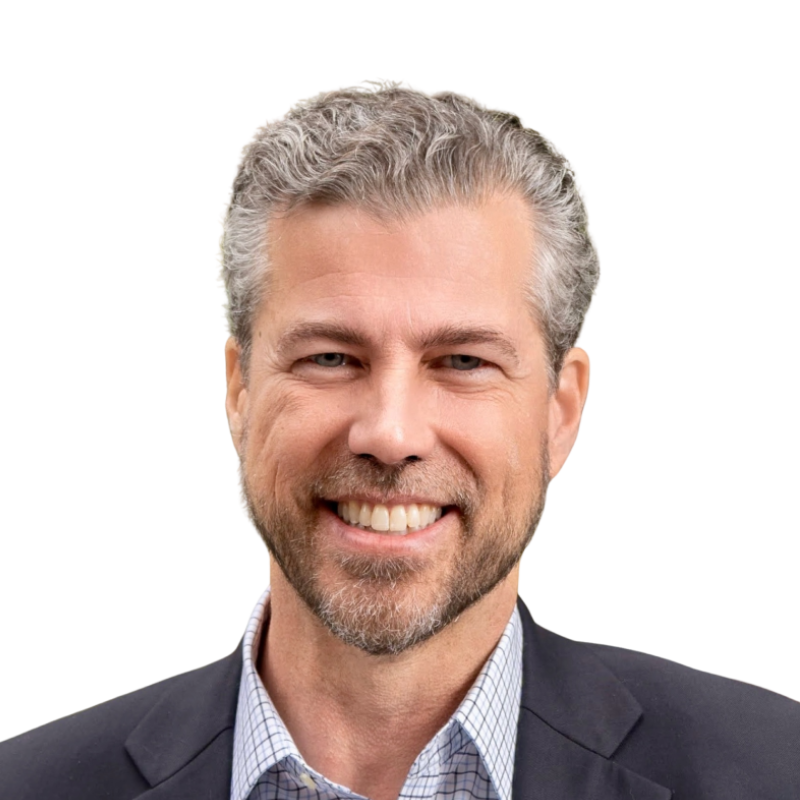Show Notes
Part two of our four-part series with Darren Cooke, Interim Chief Innovation & Entrepreneurship Officer and Executive Director of the Life Sciences Entrepreneurship Center at UC Berkeley.
Darren tells us about his journey from high-stakes patent litigation to leading in-house IP strategy at Bio-Rad Laboratories, and eventually launching his own practice to guide emerging biotech startups.
Darren also reflects on career pivots, lessons from Berkeley’s entrepreneurial community, and his evolution as an investor and mentor, sharing how persistence, curiosity, and simply showing up can lead to transformative opportunities and long-term growth in biotech innovation.
Key topics covered this episode:
- How mentorship and big-law rigor shaped career growth
- Inside Bio-Rad’s culture and approach to IP leadership
- Pivoting from corporate law to biotech entrepreneurship
- Building networks through persistence and presence
- Angel investing and IP strategy for resilient startups
Prefer video? Watch the full episode on YouTube:
Resources & Articles
- The Recorder: https://www.linkedin.com/company/the-recorder/
- Patent Prosecution Fundamentals: https://www.uspto.gov/patents/basics
- Startup Campus (How UC Berkeley became a leader in entrepreneurship) https://a.co/d/5pCg83q
Organizations & People
- Bio-Rad Laboratories: https://www.bio-rad.com/
- Covington (Covington & Burling LLP): https://www.cov.com/
- QuantaLife: https://www.bio-rad.com/en-us/category/life-science-research/pcr/plastic-consumables-for-pcr/ddpcr-plastics?ID=OERYLNYQY
- Berkeley Angel Network: https://berkeleyangelnetwork.com/
- Life Science Angels: https://lifescienceangels.com/
- Berkeley SkyDeck: https://skydeck.berkeley.edu/
- Alan Blankenheimer: https://www.linkedin.com/in/alan-blankenheimer-a6761194/
- Rich Lyons: https://www.linkedin.com/in/rich-lyons-30332b1/




